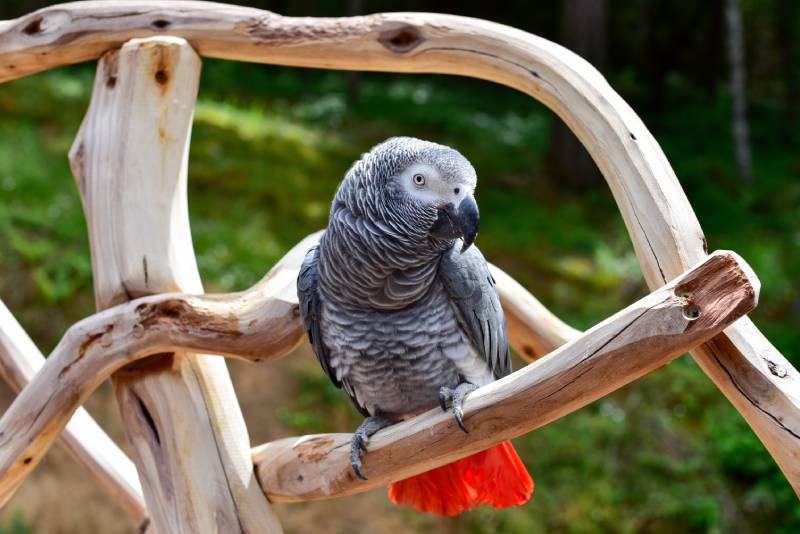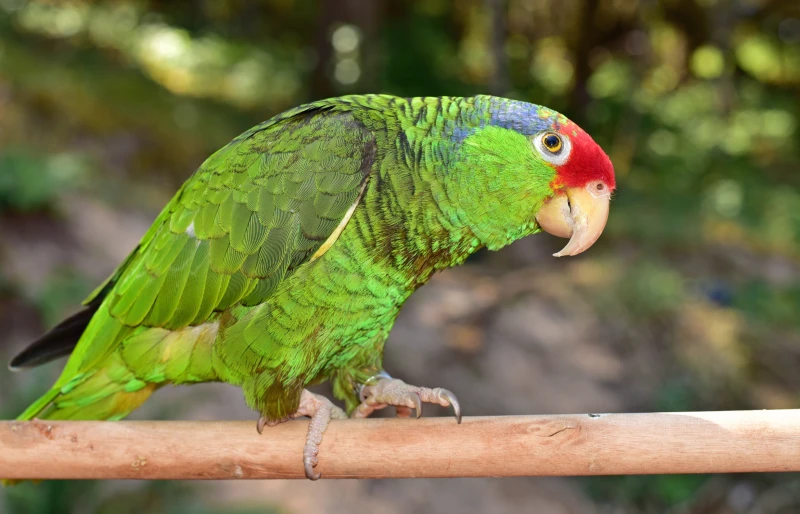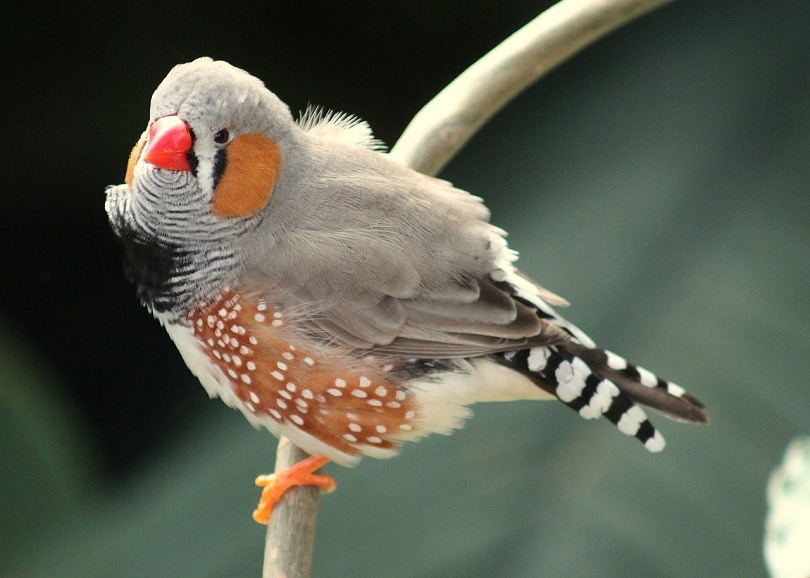Can Parrots Eat Beets? Vet-Approved Nutrition Guide
Updated on

Click to Skip Ahead
This article has been reviewed for factual accuracy by a qualified veterinarian, using information available at the time of publishing. Parrot owners are urged to consult with their veterinarian when making dietary decisions for their pet. This article is designed to provide general information but it does not take into account your pet’s health status or circumstances.
Parrots are birds of the Psittaciformes order, which includes macaws, parrotlets, lovebirds, cockatoos, the much-loved budgerigars and more. With so much variation in one group of birds, there are also dietary differences as you would expect. So use this article as a general guide, but look up the dietary requirements for your pet’s species. In general, most companion bird species will enjoy some vegetables in their diet. You can include beets on that list. They are highly nutritious, although some caveats exist that you should know.
Nutritional Value of Beets
Raw beets might be mainly water, but they also contain many nutrients. They are rich sources of potassium, vitamin A, beta carotene, and vitamin C. They are a good source of fiber and carbohydrates. Cooking doesn’t lower their content significantly.
Beets aren’t the most popular food, not even making the top 50 vegetables. It’s a shame since you and your avian companion can benefit from including them in your diet. However, we don’t recommend canned beets. They contain more than double the amount of sodium and less than half of the potassium. Fresh is the way to go.
Things to Know About Beets

If you’ve ever cooked beets, you know what you must keep on your radar about preparing them. The red color of this vegetable is a potent dye. That’s why you probably wear gloves when handling them. Parrots are messy eaters. Undoubtedly, a lot of food ends up outside of your pet’s cage. Think about that fact and the color properties of beets. This definitely adds up to a big mess for you.
You may find it helpful to give your pet orange beets instead of the red ones to cut down on the issues with preparing them. You should peel them and cut the vegetables into small pieces, especially if you give your parrot raw beets. You can parboil them to make preparing them easier. Don’t make them too soft. After all, many of these birds can hull seeds without any problems.
We recommend offering your avian companion various fruits and vegetables in their diet. If your bird likes beets, keep them in the rotation. Make sure to remove any uneaten bits to avoid spoilage. You should also rinse the greens before giving them to your parrot.
Species Differences
Macaws

Macaws are adapted to a diet higher in fats than most birds. While a rotation of fruits and vegetables is definitely on the menu for this species, they must eat more seeds and nuts than is typical for most birds. A Hyacinth macaw for example, can have a diet made up of 15% nuts.
African Grays

African Greys can be picky eaters that like high fat foods, which aren’t all that good for them. They should have some seeds but species-appropriate pellets and vegetables should be high on the list of menu items.
Amazon’s

With Amazon parrots, 30-40% of the dietary intake should be from produce, with fruits making up 10% or less of that figure. Variety is the best strategy so add beets into the mix here. A species appropriate pellet should make up the rest of the diet, with seeds and nuts given as treats infrequently.
Eclectus Parrots

Eclectus parrots’ need for fiber and beta carotenes make beets a good choice, but make sure not to offer too much of any one vegetable. Grains and seeds should make up only 10% of the diet due to the fat content.
Budgerigars

Budgie’s will thrive on a suitable pellet diet along with an offering of fruits and vegetables that make up 20-25% of the diet. So feel free to add beets into that mix. A seed-based diet is not appropriate for these little guys and will predispose to nutrient deficiencies and obesity.
Final Thoughts
Beets offer a nutritious treat you can add to your parrot’s diet. They may provide health benefits that go beyond adding diversity to your bird’s food intake. Beets are inherently messy because of the pigments that give them their distinctive color. Lighter-colored vegetables can prevent this issue.
Featured Image Credit: Valentyn Volkov, Shutterstock












